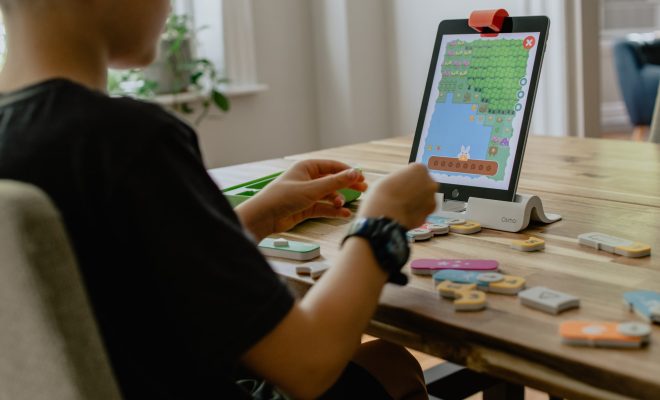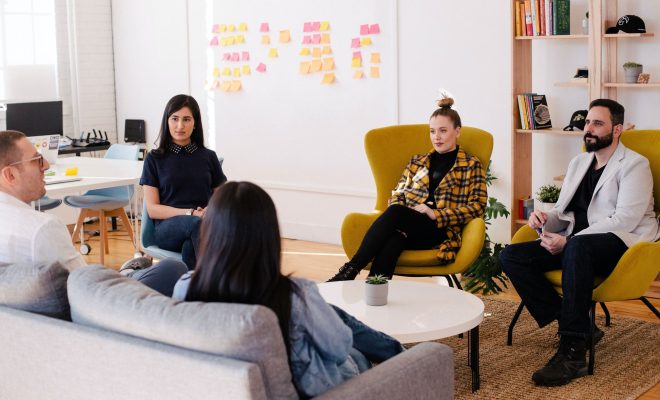Social Learning Theory: Everything You Need to Know

The fundamental tenet of social learning theory is that individuals learn by observing others. Anyone can teach us anything, including professors, parents, siblings, friends, coworkers, YouTube personalities, athletes, and even famous people. We imitate their conduct after seeing them. In essence, we follow their lead. Social cognitive theory is another name for this hypothesis.
How We Observe and Learn
Albert Bandura, a psychologist, developed the operant and classical conditioning theories for his social learning theory. But under this idea, the environment plays a big influence in learning. We mimic the conduct of the people around us, particularly if we find these models comparable to ourselves or aspire to replicate them.
What are the elements of social learning theory?
This theory is divided into many components. A good place to start is by watching others. Second, the way we feel affects how well we learn. Third, learning does not guarantee behavior modification.
What is a good example of social learning theory?
An excellent example is the YouTube influencer. If you like a certain influencer, you may wish to emulate her conduct. If she like a certain brand of shampoo, you may follow her lead and buy it.
What are the processes of observational learning?
These four processes are necessary for observational learning: motivation, retention, reproduction, and attention. To copy behavior, you must pay attention, remember the action, repeat the conduct, and be motivated to repeat it.
What the Bobo Doll Taught Us
Bandura created the experiments known as the Bobo Dolls. Children in these investigations saw people acting either violently or passively toward a doll toy called the Bobo Doll. The children’s subsequent interactions with the doll were impacted by what they witnessed. Children who saw aggressive conduct emulated it and were vocally and physically hostile toward the doll. Children acted less violently against the doll after seeing peaceful conduct. Bandura’s initial conclusions have come under fire from several psychologists in subsequent years, who have criticized his research as unreliable, unethical, or discriminatory.
What did we learn from the Bobo Doll experiment?
Albert Bandura concluded that children pick up anger, violence, and other social behaviors through seeing the actions of others. On the other hand, compassion and kindness may also be mimicked.
Is social learning theory still viable and applied?
Despite the objections, psychologists continue to use Bandura’s wider theory to gain insight into consumer buying choices, behavior and mood causes, and role models’ significance.
Different Learning Theories
The idea of learning explains how humans take in and use information and knowledge. His surroundings influence a person’s learning. Ivan Pavlov, a physiologist, discovered that the sound of a metronome caused saliva to be generated in a dog’s mouth in the case of Pavlov’s dog, for instance. The salivation results from the dog’s conditioning to hear and connect the sound to food. It’s referred to as classical conditioning.
We learn via reinforcement or punishment, according to B.F. Skinner’s theory of operant conditioning. For instance, we avoid touching a saucepan of boiling water since doing so can inflict finger burns. To examine animal behavior, Skinner created the operant conditioning chamber, sometimes known as the Skinner Box. The animal may get a reward like food or water by pressing a key or bar on the chamber or box. The idea behind reinforcement in learning is that manipulating the key means eating.
What is an example of classical conditioning?
An excellent illustration of this conditioning is food poisoning. If eating a burrito for the first time resulted in nausea and other symptoms of tainted food, you probably won’t be able to handle the scent of such foods in the future.
What is an example of operant conditioning?
The sales incentive uses operant conditioning’s concept of positive reinforcement. For instance, the sales representative who achieves his objective goal receives a quarterly bonus. And with such a push, he will probably work hard to achieve his future objectives.






